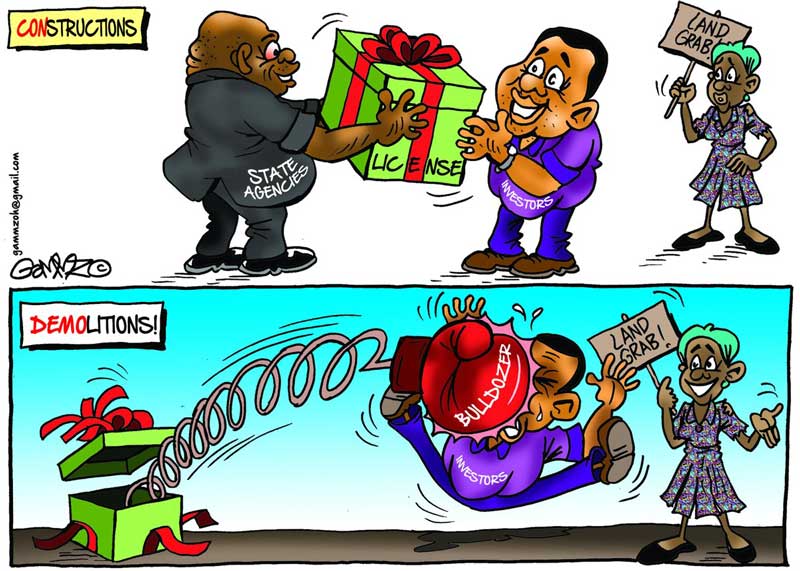×
The Standard e-Paper
Stay Informed, Even Offline

Well, knock me over with a feather. It’s beginning to look like the wheels of government are turning, and as it turns out, bulldozing everything in their path. The ‘riparian land saga’ is a legacy story of historical proportions. This hasn’t happened, well, since Raila Odinga oversaw the demolition of private property to pave way for the bypasses.